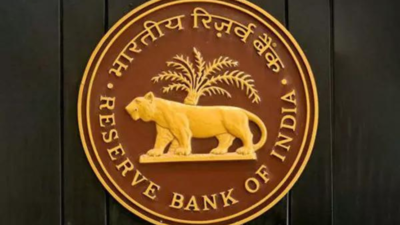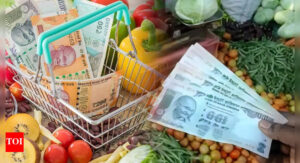
MUMBAI: A new directive issued by the RBI permits banks to accept voluntary pledges of gold or silver from borrowers seeking agricultural and MSME loans, even within the limits traditionally classified as “collateral-free”. This will help small borrowers, particularly in rural India, get easier terms on their loans.According to the circular issued on July 11, banks may now accept household gold and silver as collateral for loans under Rs 2 lakh, provided the pledge is voluntary. “This regulatory clarification ensures that a borrower’s choice to pledge personal gold or silver does not disqualify them from collateral-free benefits,” a banker said.The change is expected to enhance financial inclusion. In rural India, gold remains the most liquid household asset. By allowing its use as security, banks can process loans faster, especially critical during sowing seasons or emergencies. Gold-backed loans are easier to disburse, reducing dependence on informal moneylenders and tightening repayment discipline.In 2023, the RBI had asked banks to classify all loans that were advanced against the security of jewellery as ‘gold loans’. However, this reclassification also meant that banks would need to apply the stricter repayment norms that are applicable to gold loans, unlike loans to farmers, where some flexibility is provided for the seasonality of income. Because of the reclassification, the gold loan portfolio of public sector banks almost doubled last year.Banks, in turn, benefit from a lower risk profile. Secured lending makes it easier to expand credit to underserved rural borrowers. The move could also help banks meet priority sector lending goals. The rules permit only physical gold and silver, such as jewellery, ornaments and coins, as collateral. Financial products like gold ETFs, mutual funds, or digital gold are excluded. This distinction aims to keep volatility in check and lending standards robust.














